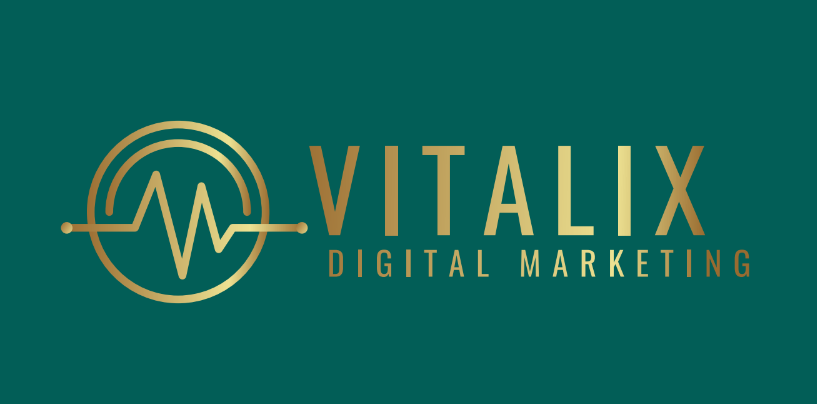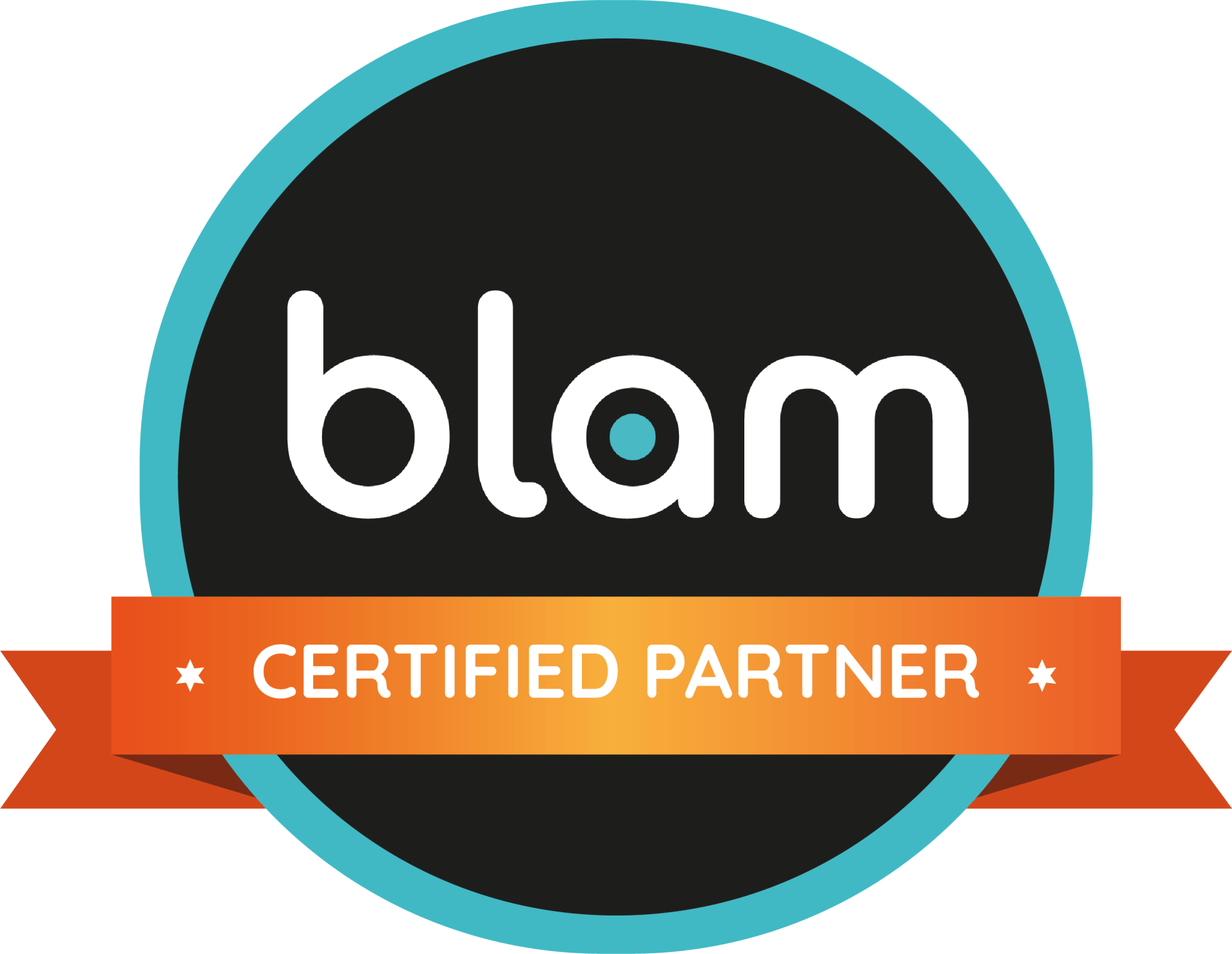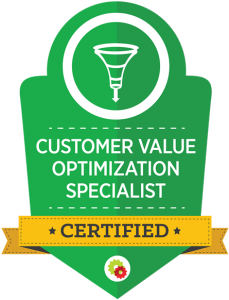The Small Business Guide to Reputation Management
Why It Matters and How to Get It Right

In today’s digital landscape, reputation is everything. Whether you own a small business or are managing a startup, your online reputation can either be your most powerful marketing asset or your greatest liability. With 90% of consumers checking reviews before engaging with a business, managing your brand’s online reputation isn’t just a nice-to-have; it’s crucial for long-term success.
In this blog, we’ll break down why reputation management matters, how platforms like Yext can enhance your online presence, tips on gathering and responding to reviews, and how to leverage our Leads Toolkit CRM to automate many of these tasks.
Why Reputation Management is So Important for Small Businesses
For small business owners, every review, social mention, and directory listing can make or break future sales. A solid reputation management strategy does more than just protect your brand from a PR disaster—it actively helps you win new customers and keep existing ones engaged.
Here are some key reasons why reputation management matters:
1. Builds Trust and Credibility
Customers trust reviews. A positive review or testimonial can go a long way in establishing credibility, while negative reviews—if managed poorly—can tarnish your brand’s image.
2. Boosts SEO Performance
Your online reviews and directory listings (on platforms like Google, Yelp, Facebook, and Yext) impact your search engine rankings. The more credible listings and positive reviews your business accumulates, the more Google and other search engines will prioritize your business in search results. When your business is consistently mentioned across various platforms, search engines view it as more legitimate, improving your local SEO.
3. Drives Lead Generation
Getting listed on platforms like Yext doesn’t just improve visibility—it also brings in leads. With Yext’s directory listing services, for example, businesses can manage their information across multiple directories from a single dashboard, improving their chances of being found by potential customers.
How to Manage Your Online Reputation: Practical Tips
1. Leverage Multiple Platforms for Listings
Getting listed on multiple review and directory platforms amplifies your online presence. Platforms like Yext can automatically list and update your business information across more than 100 sites (Google My Business, Yelp, Bing, etc.). This visibility is essential not just for reputation management but for generating leads and enhancing SEO.
- Pro Tip: Ensure that all of your business information (like hours, location, services) is accurate and consistent across platforms. Inconsistent data can negatively impact both your SEO and credibility.
To learn more about the importance of directory listings and how they affect your SEO, you can check out this guide from Moz on the Benefits of Local Listings.
2. Ask for Reviews
Many businesses are hesitant to ask customers for reviews, but this is one of the easiest ways to build a positive online reputation. Not only do reviews increase customer trust, but they also have a direct impact on SEO. According to Google, businesses with a higher number of positive reviews rank better in local search results.
Here are five effective ways to request reviews:
- Email Follow-up: Send an email thanking your customers for their purchase and include a direct link to your review page. Make it easy!
- QR Codes: Place a QR code in-store or on your website that links directly to your review page. Customers can scan it with their phones to leave a review quickly.
- Email Signature: Add a “Leave Us a Review” link to your email signature. It’s a passive but consistent way to gather feedback.
- Build It into Your Website: Add a CTA or dedicated page on your website that encourages visitors to share their experience.
- Post-Purchase SMS: For e-commerce or service-based businesses, consider sending a text message post-purchase with a review request and link.
3. Responding to Reviews Professionally
How you respond to reviews is just as important as the review itself. It’s your opportunity to show potential customers that you care about their feedback.
Responding to Positive Reviews
When responding to positive reviews, be gracious and personal. Here’s an example:
“Thank you so much for your kind words, [Customer Name]! We’re thrilled to hear that you enjoyed your experience with [Your Business]. If there’s anything else we can do for you, feel free to reach out!”
Responding to Negative Reviews
Negative reviews are inevitable, but your response can determine how much damage they do. When responding to a negative review:
- Acknowledge the issue.
- Apologize sincerely.
- Offer to resolve the issue offline (through direct contact).
Here’s an example:
“Hi [Customer Name], we’re sorry to hear about your experience. We pride ourselves on providing excellent service, and it sounds like we missed the mark. Please contact us directly at [email/phone] so we can make this right.”
How Many Good Reviews Do You Need to Offset a Bad One?
To recover from a bad review, experts suggest you need 4-7 positive reviews to offset the damage in both your SEO rankings and public perception. This is why it’s essential to have a proactive approach to gathering reviews.
FAQs About Reputation Management
Can a Bad Review Be Removed?
In most cases, no. Platforms like Google and Yelp don’t allow businesses to remove negative reviews unless they violate specific guidelines (e.g., hate speech, inappropriate content). However, if the review is fake or misleading, you can flag it for removal.
For more information on how to flag inappropriate reviews, visit Google’s Review Removal Guidelines.
How Many Reviews Do You Need to Impact SEO?
While there’s no exact number, Google values the quantity and quality of reviews in its ranking algorithm. Typically, businesses with at least 10-15 recent reviews start to see an impact on their local search ranking.
What’s the Best Platform to Get Reviews On?
The best platform depends on your industry, but Google remains the most impactful for SEO. Yelp, Facebook, and industry-specific platforms like TripAdvisor (for travel/hospitality) also hold weight. Using tools like Yext can help ensure you’re getting reviews across multiple platforms at once.
How the Leads Toolkit CRM Can Help
At Vitalix Digital Marketing, we know that managing your online reputation can feel overwhelming. That’s why we recommend using our Leads Toolkit CRM. The Leads Toolkit simplifies reputation management by automating many of the tasks discussed above, such as:
- Manage your directory listings across multiple platforms (via Yext integration)
- Requesting reviews via email or sms
- Tracking customer feedback
- Monitoring listings on multiple platforms
- Responding to reviews quickly and professionally
By streamlining your reputation management, you can save time, ensure consistency, and focus on what you do best—running your business.
For more information on how our Leads Toolkit CRM can help you manage your online reputation effectively, schedule a free consultation today or learn more here.
References & Further Reading:
- Is the Leads Toolkit CRM Right for Your Business?
- What is SEO and How Does it Work?
- How Online Reviews Impact SEO
- Why Local Listings Are Essential for SEO
- The Small Business Guide to Reputation Management
- Why is reputation Management Important for my Business
Need help with your online reputation management?









